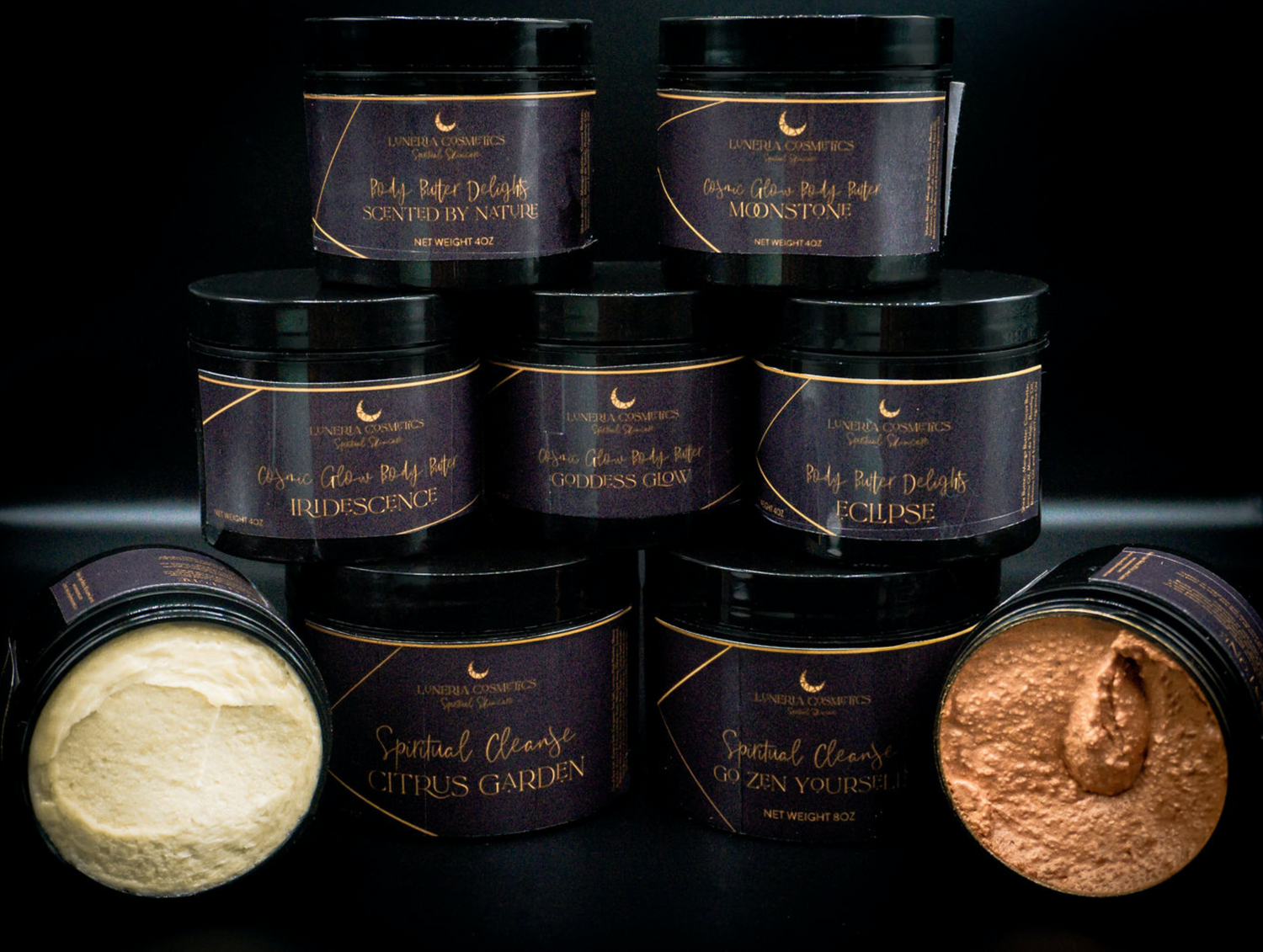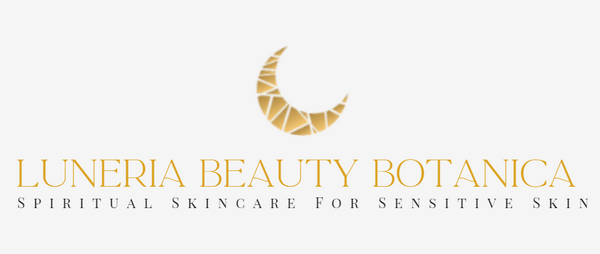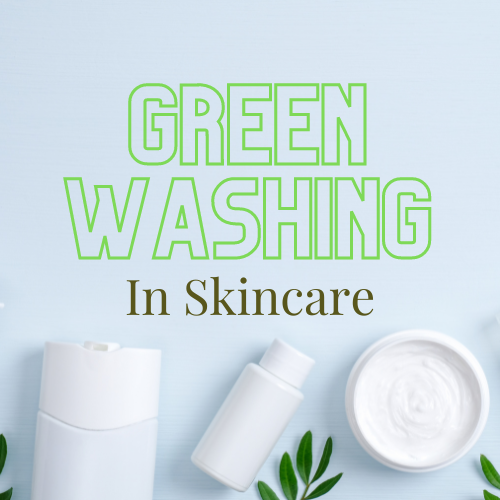Greenwashing in the beauty industry is a hot topic these days. It's when companies make false or misleading claims about the environmental benefits of their products and that their products are better for your skin when it's not. This is a problem because it can make it hard for consumers to know which products are actually good for the planet, and which ones are just pretending to be.
But don't worry, you don't have to be a scientist to spot a greenwashing fraud. Here are a few easy ways to tell if a beauty product is the real deal:
Look for third-party certifications. Certifications like USDA Organic, Green Seal, and Leaping Bunny are a good sign that a product has been independently verified to meet certain environmental standards.
Check the ingredient list. Ingredients like parabens, phthalates, petroleum-derived, and sulfates (you can typically figure this out by looking at the end of the word such as Copper Sulphate, Dibutyl Phthalate, and Methylparaben) can be harmful to the environment, so if a product claims to be "green" but still has these ingredients, it's probably not as environmentally or skin friendly as it claims. An example would be Aveeno who was sued for misrepresentation of it its "Active Naturals" line since consumers assumed that their ingredients were natural..
Don't be fooled by the packaging! Some companies changed their packaging to earth tones such as green or brown so it's easier to trick consumers in believing they are great for the environment (and your skin).
Be wary of vague or misleading claims. If a product claims to be "all natural" or "organic," but doesn't give any specific details about how it meets those standards, it's probably not actually environmentally friendly. The FDA does not have an actual definition for what "natural" means and leaves it up to the company to determine that nor do they regulate what is "organic". The USDA regulates the term "organic" and what it means when it comes to products and brands are not supposed to claim being organic if they have not been certified. There are levels to being organic which I will cover in another blog.
Look for transparency. Companies that are truly committed to being environmentally friendly should be happy to answer questions about their products and manufacturing processes. If a company is unwilling to give you specific information about its environmental practices, it's a red flag. Several retail companies such a Sephora has implemented their own standards for being clean to crack down on the claims these brands make.
Rely on experts and reviews. you can check online reviews and ratings, but also check out experts in the industry. They are more likely to have a deeper understanding of the science behind the products and can provide in-depth analysis.
By keeping these tips in mind, you can make sure you're getting a beauty product that's truly good for the planet and not just greenwashed. Remember, a little bit of research can go a long way in helping you make a more informed decision.


